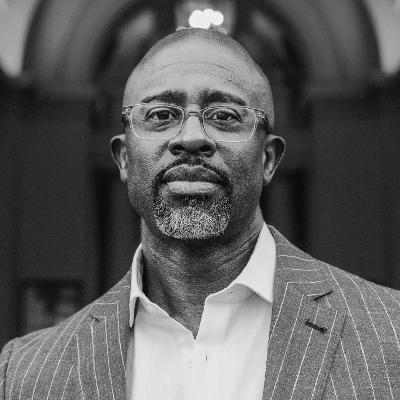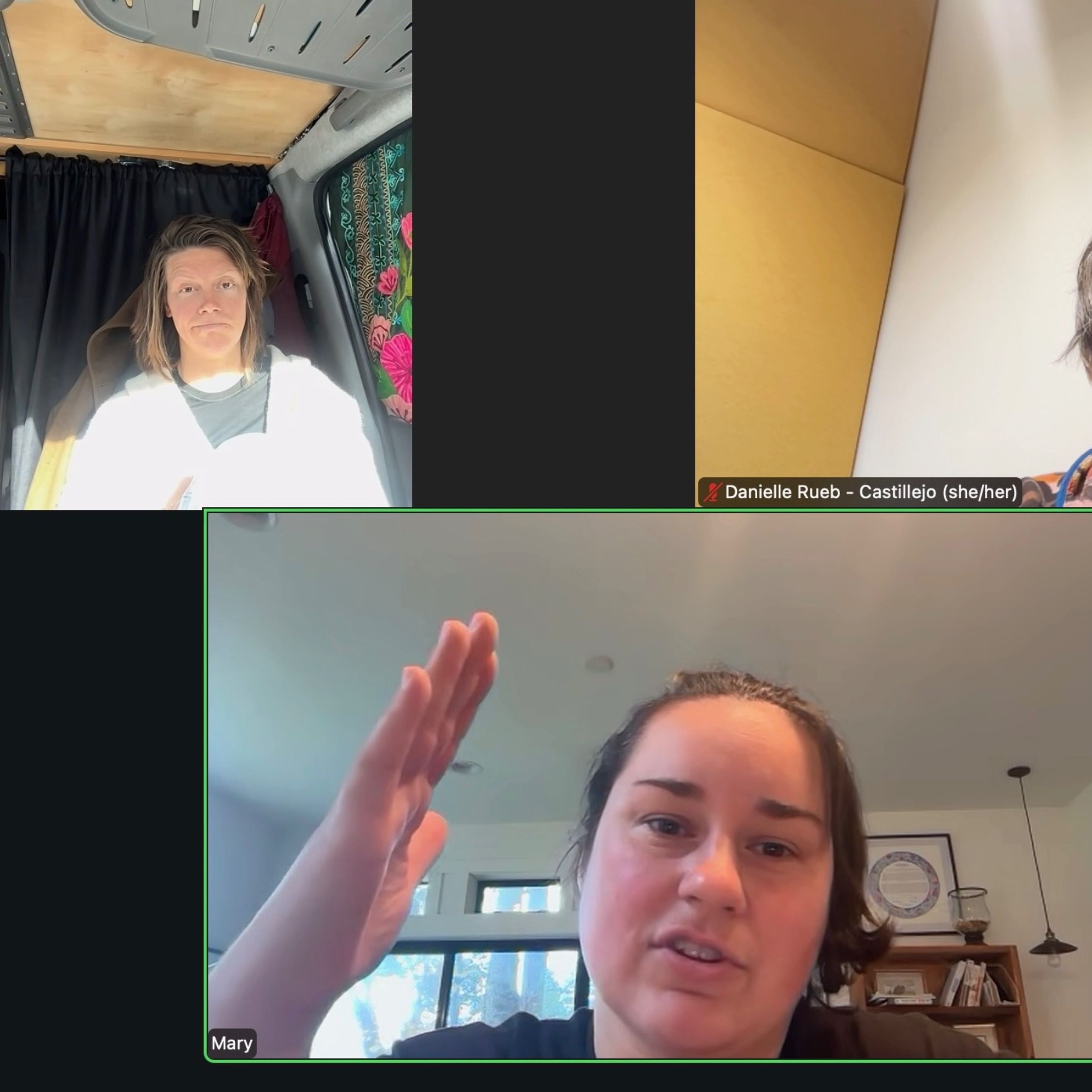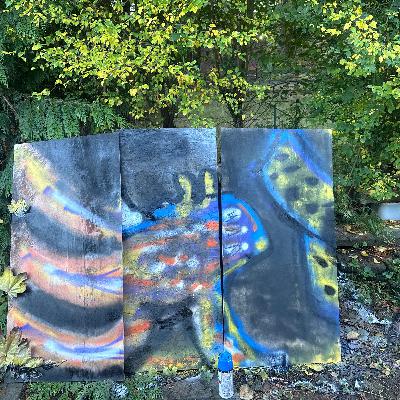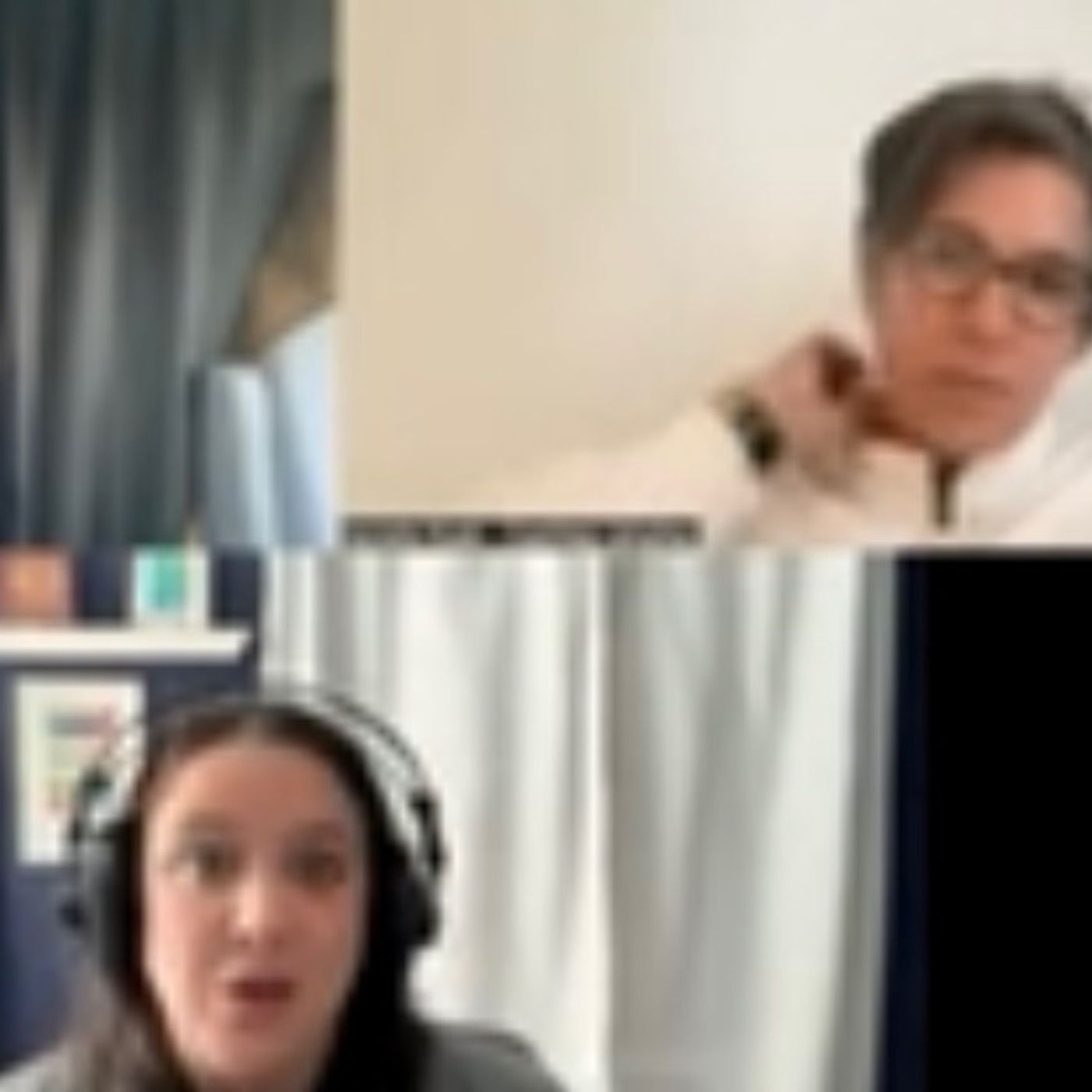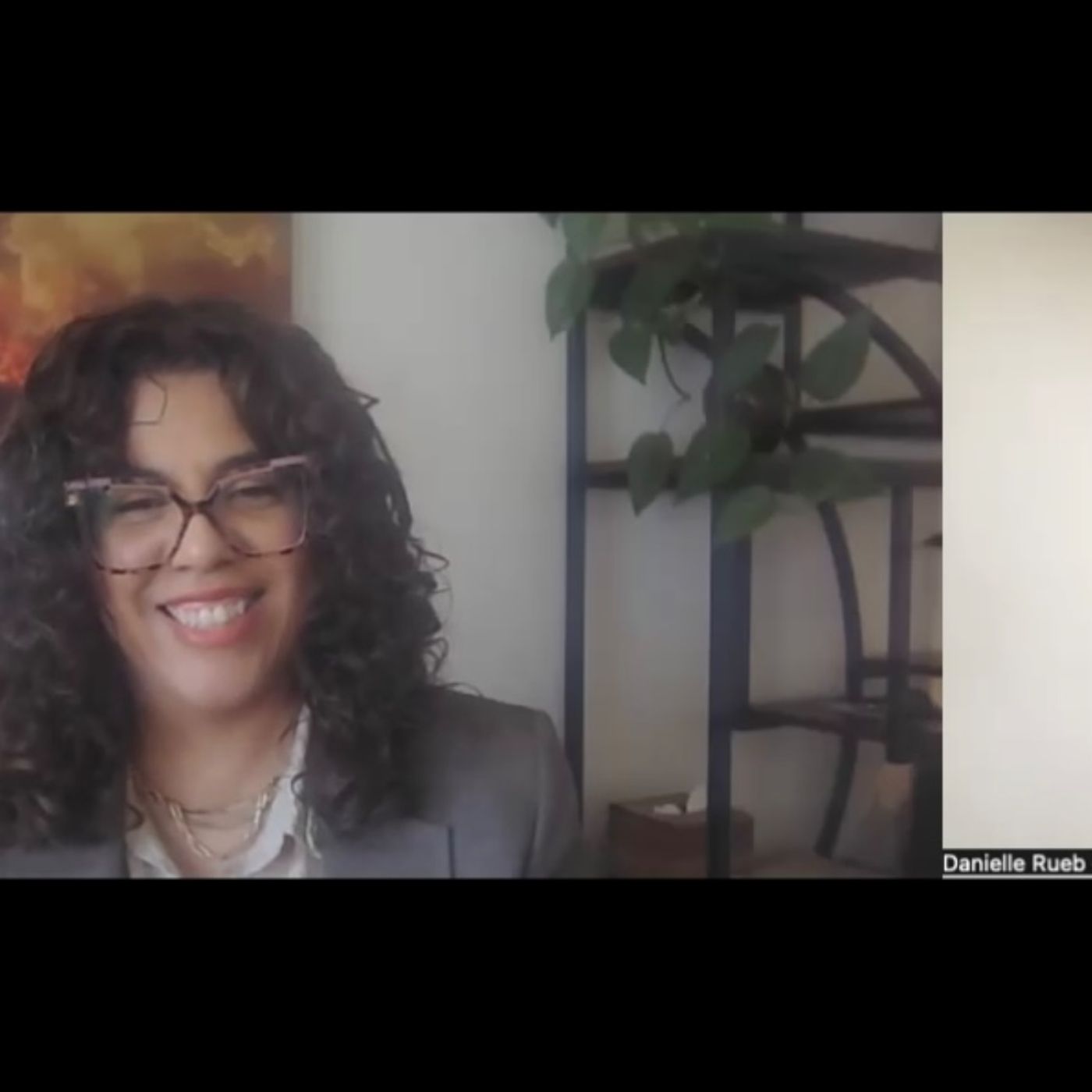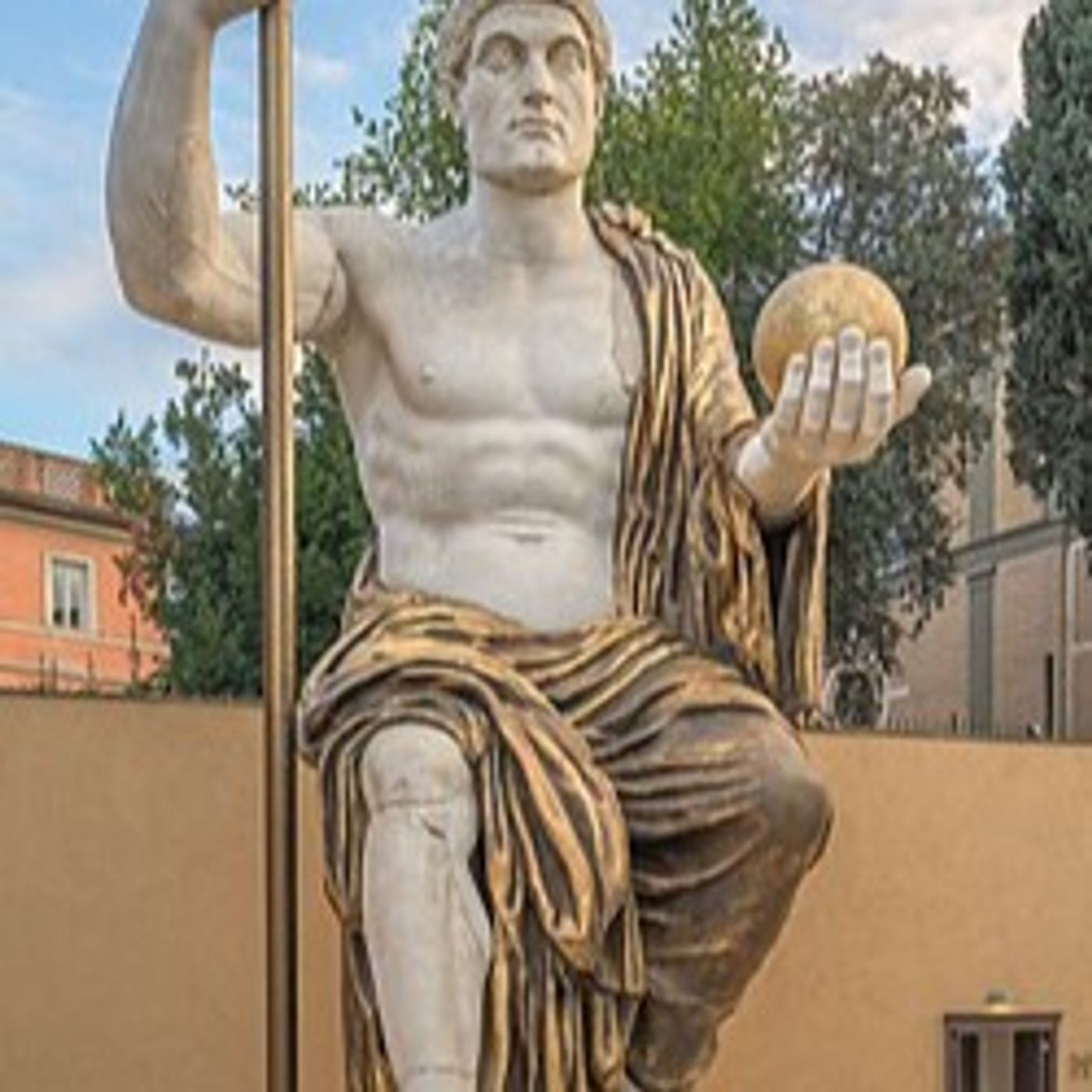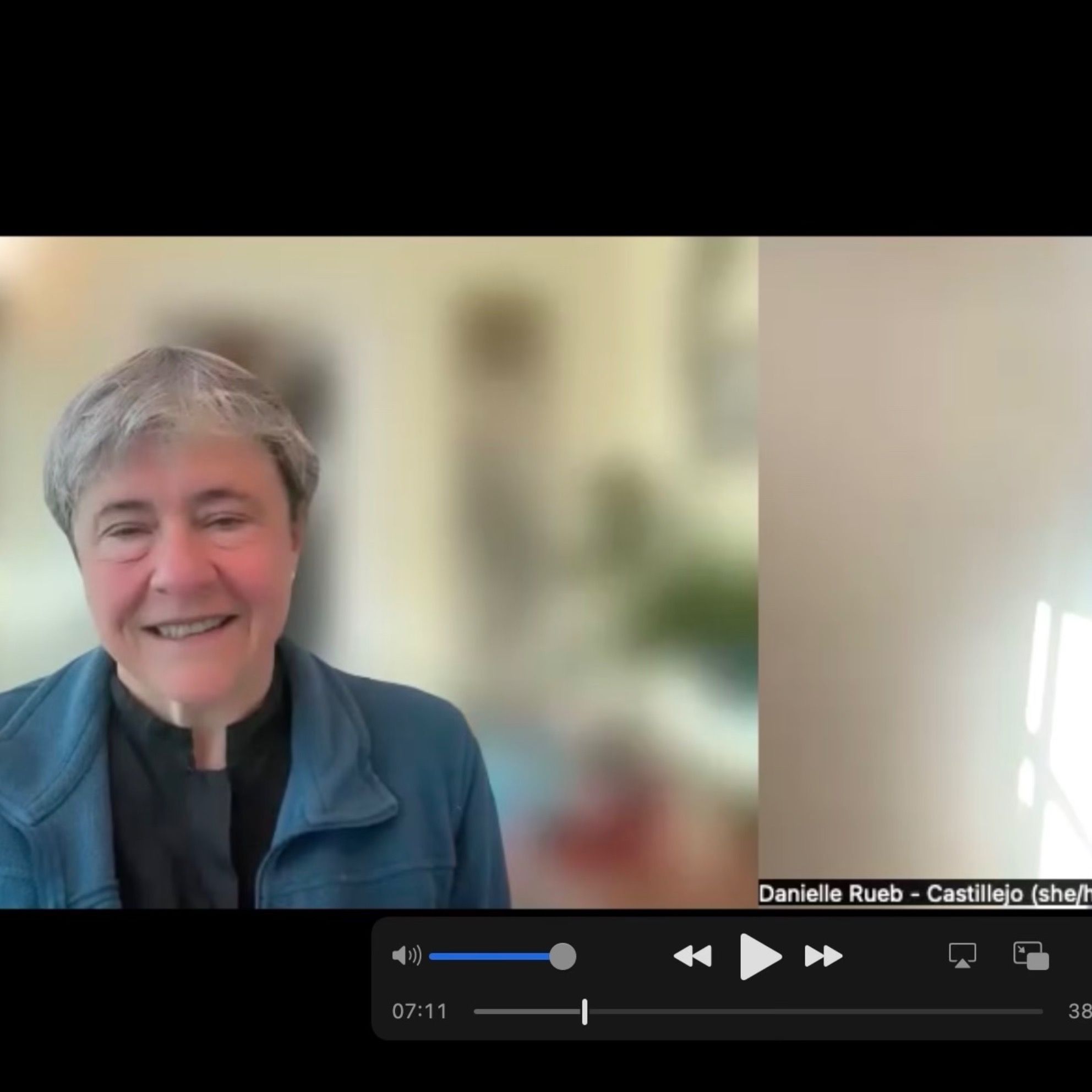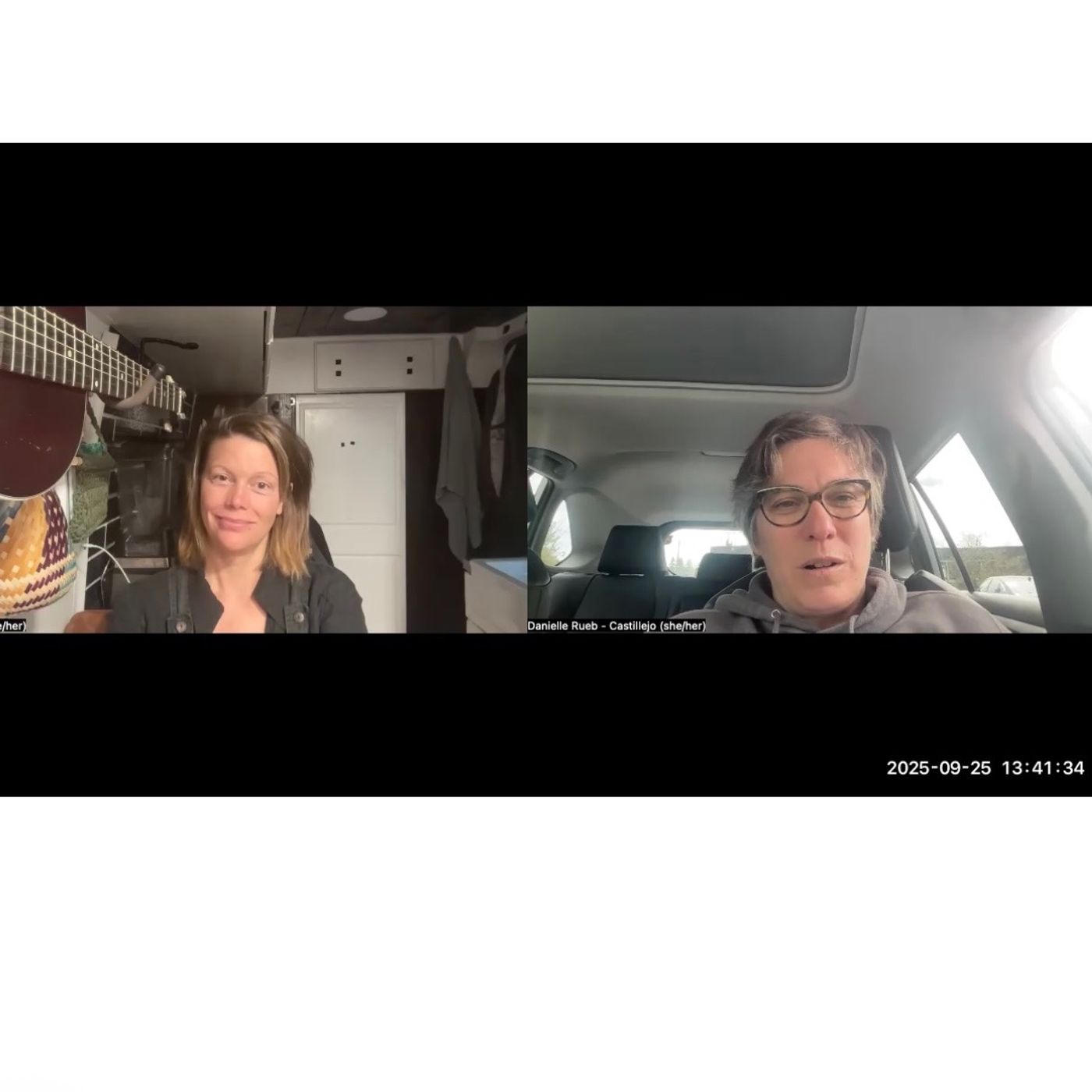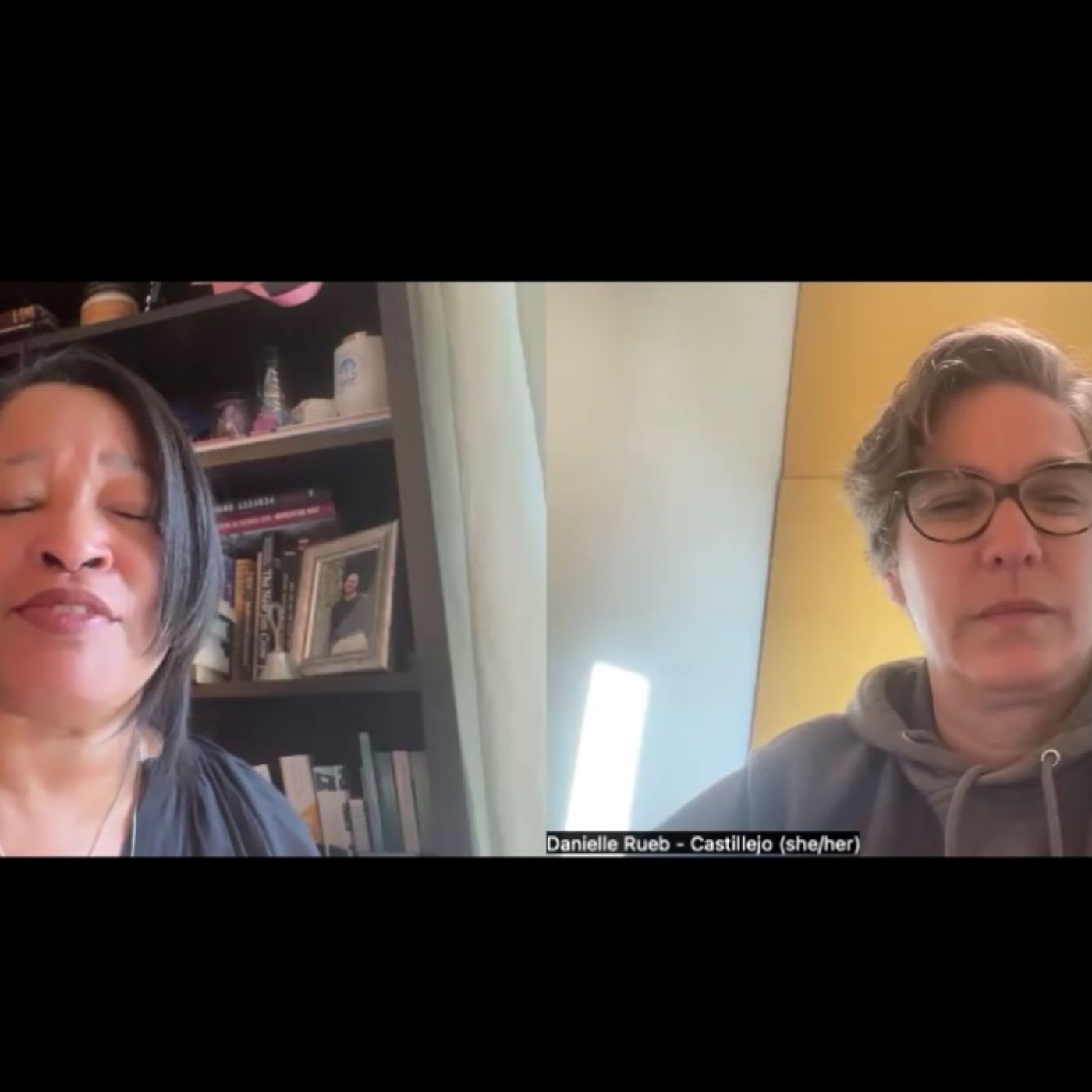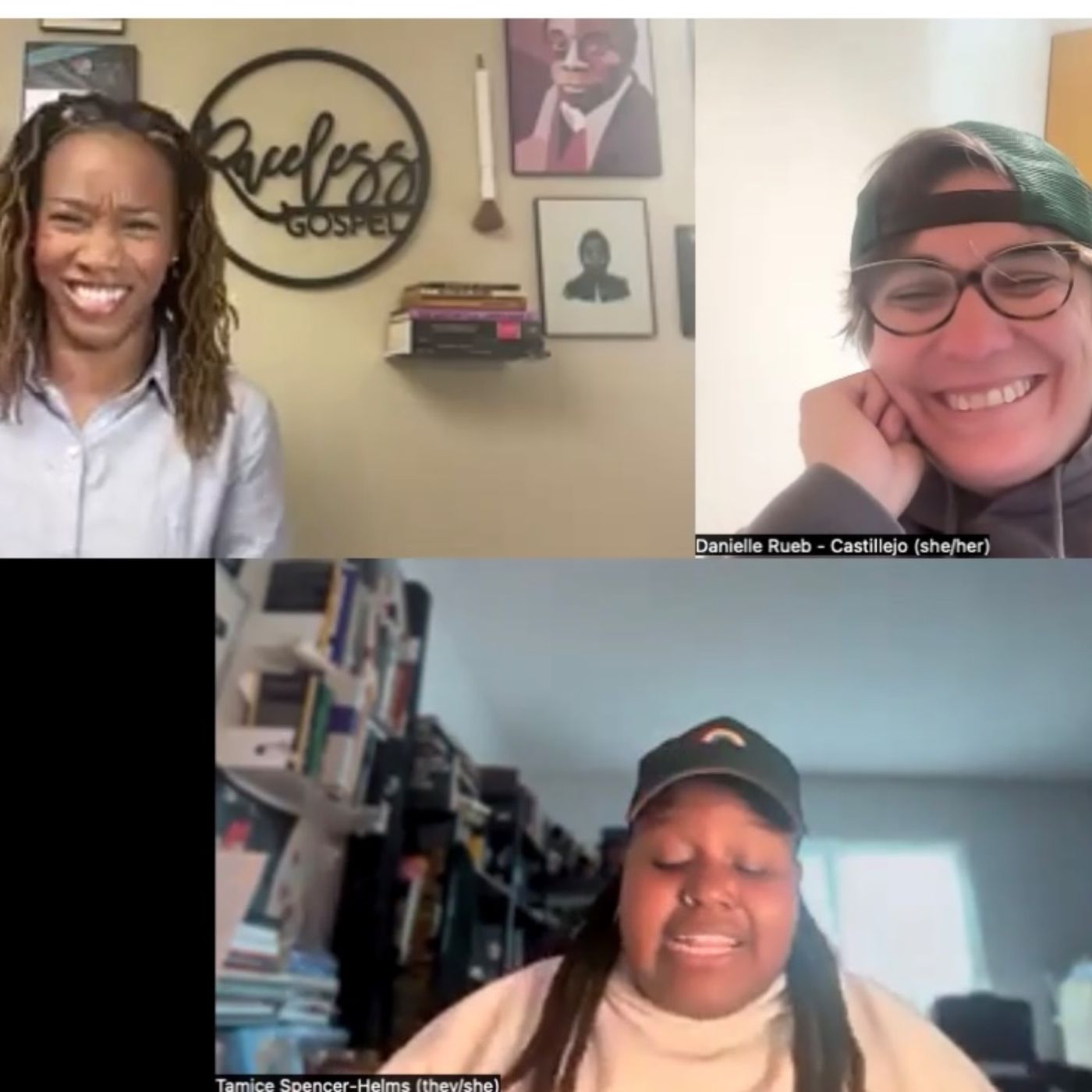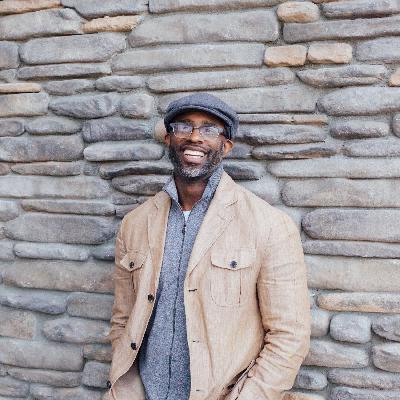Season 6, Episode 4: Reality and Faith with Dr. Phil Allen Jr. Part 2 - Knowing your roots
Description
Bio
Phil Allen, Jr., PhD is a theologian and ethicist whose research and writings include the intersections of social structure, race, culture, and theology and ethics of justice. He has authored two books: Open Wounds: A Story of Racial Tragedy, Trauma, and Redemption and The Prophetic Lens: The Camera and Black Moral Agency From MLK to Darnella Frazier. He is an affiliate assistant professor at Fuller Theological Seminary, a poet, and documentary filmmaker. Dr. Allen is also founder of the nonprofit Racial Solidarity Project based in Pasadena, CA. As a former Division 1 college basketball player, he has enjoyed opportunities as a guest chaplain for college and professional sports teams.
Phil Allen Jr., PhD
Affiliate Assistant Professor | Fuller Theological Seminary
President: Racial Solidarity Project (RSP)
Philallenjr.com | openwoundsdoc.com
Instagram: @philallenjrig | @the_rsp
Threads: @philallenjrig
Facebook: Phil Allen, Jr.
Substack: @philallenjr
LinkedIn: @philallenjr
Welcome to the Arise podcast, conversations in Reality centered on our same themes, faith, race, justice, gender in the church. So happy to welcome my buddy and a colleague, just a phenomenal human being. Dr. Phil Allen, Jr. He has a PhD. He's a theologian and an ethicist whose research and writings include intersections of social structure, race, culture, and theology, and the ethics of justice. He has also authored two books, open Wounds, A Story of Racial Tragedy, trauma and Redemption, and the Prophetic Lens, the Camera and the Black Moral Agency from MLK to Dan Darnell Frazier. He's an affiliate assistant professor at Fuller Theological Seminary, a poet and a documentary filmmaker. Dr. Allen is also founder of the nonprofit Racial Solidarity Project based in Pasadena, California as a former division one college basketball player. Yes, he has enjoyed opportunities as a guest chaplain for college and professional sports. Hey, you're not going to be disappointed. You're going to find questions, curiosity ways to interact with the material here. Please just open up your mindset and your heart to what is shared today, and I encourage you to share and spread the word. Hey, Phil. Here we find ourselves back again talking about similar subjects.
Danielle (00:18 ):
Welcome to the Arise podcast, conversations in Reality centered on our same themes, faith, race, justice, gender in the church. So happy to welcome my buddy and a colleague, just a phenomenal human being. Dr. Phil Allen, Jr. He has a PhD. He's a theologian and an ethicist whose research and writings include intersections of social structure, race, culture, and theology, and the ethics of justice. He has also authored two books, open Wounds, A Story of Racial Tragedy, trauma and Redemption, and the Prophetic Lens, the Camera and the Black Moral Agency from MLK to Dan Darnell Frazier. He's an affiliate assistant professor at Fuller Theological Seminary, a poet and a documentary filmmaker. Dr. Allen is also founder of the nonprofit Racial Solidarity Project based in Pasadena, California as a former division one college basketball player. Yes, he has enjoyed opportunities as a guest chaplain for college and professional sports. Hey, you're not going to be disappointed. You're going to find questions, curiosity ways to interact with the material here. Please just open up your mindset and your heart to what is shared today, and I encourage you to share and spread the word. Hey, Phil. Here we find ourselves back again talking about similar subjects.
Unfortunately. Well, how are you coming in today? How is your body? How's your mind? How are you coming in? Just first of all,
Phil Allen Jr. (01:51 ):
I am coming in probably in one of the best places, spaces in a long time. The last two days have been very, very encouraging and uplifting, having nothing to do with what's happening in the world. I turned 52, I told you I turned 52 yesterday. So whenever I see the happy birthdays and the messages, text messages, social media messages, literally it just lifts me up. But in that, I also had two people share something that I preached. Oh, 10 years ago, what? And one other person, it was 17 years ago, something I taught that came full circle. One person used it in a message for a group of people, and the other person was just saying, 10 years ago, about 10 years ago, you preached a message that was, it impacted me seriously. He didn't know who I was, and he the dots, and he realized, oh, that's the guy that preached when we went to that. And so that, to me, it was so encouraging to hear those
Because you never know where your messages land, how impactful they are, and for people to bring that up. That just had me light. Then I did 20 miles, so physically 20
I feel great after that. I'm not sore. I'm not tired. I could go run right now, another 10, but I'm not. Okay. Okay, good. Today is rest day good? Yes, I did a crim community resiliency model present workshop.
I dunno if you're familiar with, are you familiar with crim?
Crim was developed by Trauma Resource Institute here in Claremont, California by Elaine Miller Carra, and they go around the world. They have trainees and people around the world that go into places that just experienced traumatic events
The tsunami in Indonesia to school shootings around the country. So here, obviously we had the fires from January, and so we did a workshop to help. What it is is helping people develop the skills, practical skills. There are six skills to regulate the nervous systems, even in the moments. I was certified in 2020 to do that, and so I did a co-led presentation. It was great, very well received. I had fun doing it. So empowering to give people these skills. I use them every day, resourcing, just like when you asked me, how are you in your body? So for a moment, I have to track, I have to notice what's going on with my body. That's the first
So we teach people those skills and it is just the last few days, Monday, Tuesday, and today already. I just feel light and it's no coincidence I didn't watch the news at all yesterday.
Okay. Even on social media, there's no coincidence. I feel light not having engaged those things. So I feel good coming in this morning.
Danielle (05:32 ):
Okay, I like that. Well, I know I texted you, I texted you a couple months ago. I was like, let's record a podcast. And then as you alluded to, the world's kept moving at a rapid pace and we connected. And I've been doing a lot of thinking for a long time, and I know you and I have had conversations about what does it look like to stay in our bodies, be in our bodies in this time, and I've been thinking about it, how does that form our reality? And as you and I have talked about faith, I guess I'm coming back to that for you, for how you think about faith and how it informs your reality, how you're in reality, how you're grounding yourself, especially as you alluded to. We do know we can't be involved every second with what's happening, but we do know that things are happening. So yeah, just curious, just open up the conversation like that.
Phil Allen Jr. (06:28 ):
Yeah, I think I'm going to go back to your first question. I think your first question you asked me sets the tone for everything. And I actually answered this similarly to someone yesterday when you said, how are you in your body? And for me, that's the first I've learned, and a lot of it has to do with community resiliency model that I just talked about, to pay attention to what's going on in my body. That tells me a lot. That tells me if I'm good, I can't fake it. You can fake how you feel. You can fake and perform what you think, but you can't with the sensations and the response of your body to different circumstances, that's going to be as real, as tangible. So I pay attention first to that. That tells me how much I'm going to engage a subject matter. It tells me how much I want to stay in that space, whether it's the news, whether it's conversation with someone. My body tells me a lot now, and I don't separate that from my faith. We can go through biblical narrative and we can see where things that are going on physically with someone is addressed or is at least acknowledged. It is just not in the forefront emphasized. So we don't think that paying attention to what's going on in your body matters,
When you have that dualistic approach to faith where the soul is all that matters. Your body is just this flesh thing. No, God created all of it. Therefore, all of it's valuable and we need to pay attention to all of it. So that's the first place I start. And then in terms of faith, I'm a realist. I'm a Christian realist, so I put things in perspective. The love ethic of Jesus is an ideal. Scripture is an ideal. It's telling us when you look at Christ, Jesus is the son of God. Jesus is also called the son of man. And from my understanding and my learnings, son of man refers to the human one, the ideal human one, right? He is divinity, but he's deity, but he's also a human, and he's the human that we loo

